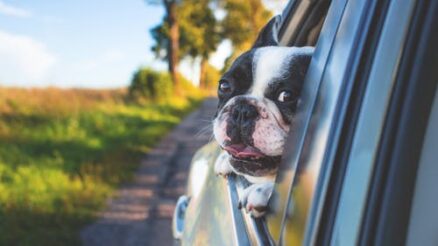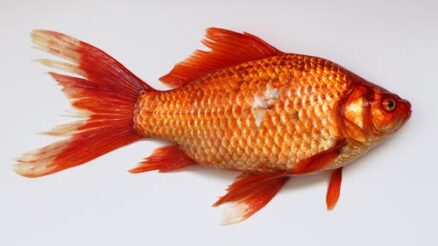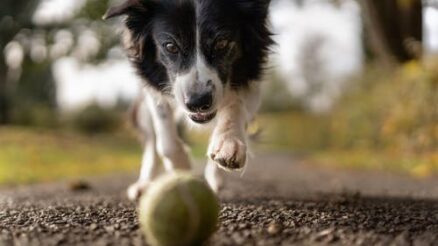Large animals like horses, cows, and pigs deserve the highest care. With proper treatment, these animals could get injured in ways that could prove fatal if not treated quickly. It’s essential to recognize what kinds of injuries large animals typically receive and how to address them promptly.
Large animals can suffer from cuts, fractures, eye injuries, or joint inflammation if not addressed promptly. If you don’t address these issues early on, it could seriously harm your pet’s overall health and well-being.
Injuries in Large Animals
This post will discuss the most frequently reported injuries for large animals and explain the best ways to treat and identify them.
Broken Bones
Large animals typically are prone to broken bones after injuries and kicks, but they could also break them for different reasons. You can determine when your pet has a fractured bone by watching how they behave. Whether they are limping or showing signs of pain is typically a sign of. You can inquire about illnesses of large animals from reputable veterinary facilities. You can check it out online for more details.
- Place a cast or splint over the fractured bone to avoid further degrading.
- Give painkillers for immediate comfort.
- Get in touch with a veterinarian immediately to receive further medical attention.
Lacerations
Lacerations are cuts on the skin or tears from an accident, bite, or something sharp. As lacerations are often severe and may require immediate medical treatment, it is essential to treat them quickly to avoid infections. You can determine if a wound is a laceration by observing its size and the amount of bleeding, which indicates it’s most likely.
- To avoid infection, wash the wound by using a disinfectant cleaner.
- Cover it with an untidy bandage to protect it.
- Get in touch with your veterinarian right away for further care.
Eye Injuries
Eye injuries in large animals are unfortunately frequent and may be caused by a several of causes, such as scratches, injuries, and trauma. If your pet exhibits signs of being injured by the eye being rubbed, tearing, or showing signs of discomfort, it could be a sign of an injury to the eye.
- Ensure the eye area is free from touching or rubbing to avoid injuries.
- Apply cold compress to the affected region to lessen swelling and pain.
- Make an appointment with your veterinarian immediately for further treatment options.
Dental Injuries
Dental injuries to large animals are typical and could be due to causes like accidents, falls, or chewing on complex objects. Dental injuries are severe and require immediate medical attention to avoid pain and infections. It is possible to identify a dental injury by observing pets’ behavior. If they’re crying, having difficulty eating, or displaying signs of pain in the mouth – it indicates the presence of injury.
- Avoid feeding hard foods that could cause further damage to teeth.
- Schedule regular dental checkups to prevent dental issues.
- Make an appointment with your large animal or dog dentist as soon as possible for more treatment options.
Desmitis
Desmitis can be defined as an inflammation or abrasion of ligaments that can develop due to overuse, trauma, or degeneration. Desmitis can be severe and requires immediate medical attention to avoid further injury. They likely have desmitis if you’re feeling weak, have pain symptoms, or feel swelling.
- Rest the animal to prevent the animal from sustaining further injury
- Use anti-inflammatory medicine to help reduce swelling.
- Get in touch with a veterinarian immediately and inquire about their veterinary internal medicine services to receive further medical attention.
Joint Inflammation
The inflammation of joints is a common injury that can be found in large animals and can lead to pain and lameness. You can determine joint inflammation by observing your animal’s behavior as a pet caretaker. If your animal is limping or displaying discomfort, it could be experiencing joint inflammation.
- Rest the animal to prevent further damage.
- Apply anti-inflammatory medications to minimize swelling.
- Consult a veterinarian right away for any further treatment.
Conclusion
Recognizing and treating all common injuries in large animals is essential and quickly possible. Broken bones, lacerations, eye injuries, or joint swelling are just a few injuries requiring immediate medical attention. Veterinarians can provide services such as diagnostic imaging, surgical treatments, and the most advanced therapies to help treat these injuries effectively. Feel free to bring your large animal to the vet if you feel symptoms.


